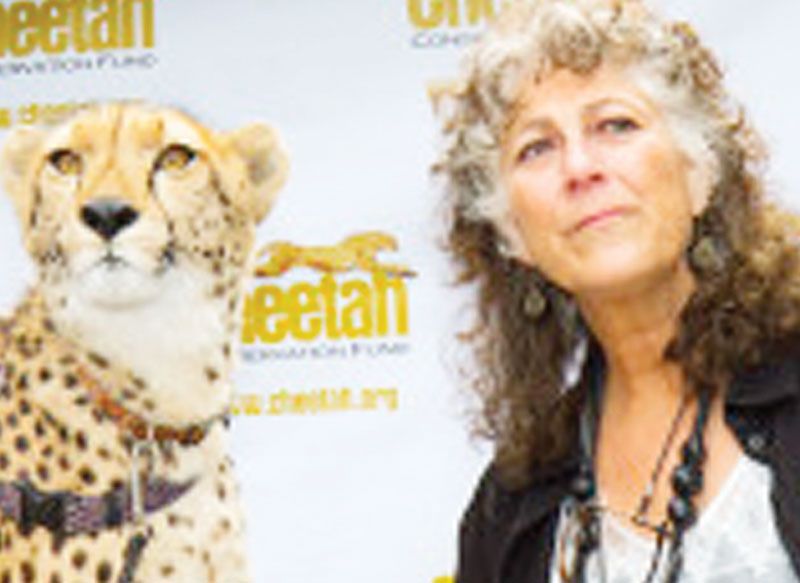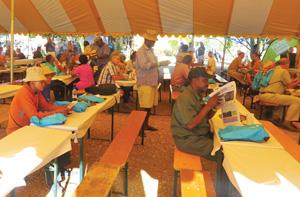
Cheetah makes it to CITES

The trade in elephant and rhino was much debated at the recent CITES conference. Surprisingly, the world’s fastest animal came under the discussion when the Cheetah Conservation Fund brought to the spotlight the blooming trade in cheetah hides and bone products.
The cheetah faces many threats, such as habitat loss, human-wildlife conflict and climate change. Cheetahs skins and bones are trafficked for traditional medicine or fashion. However, a little-known threat to the fastest mammal on earth is its trafficking for the illegal pet trade. In order to increase awareness and to deter dealers from utilising internet platforms, including social media to sell cheetahs, a decision to engage these platforms was approved according to the Cheetah Conservation Fund.
This is considered a crucial step, as an average of over 250 cheetahs are offered for sale every year mostly on social media, according to ongoing research by the Cheetah Conservation Fund (CCF). The CCF was represented at CoP17 by Executive Director, Dr. Laurie Marker, and Assistant Director for Strategic Communications and Illegal Wildlife Trade, Patricia Tricorache, who raised awareness among participants and worked alongside Parties and non-governmental organisations to promote awareness.
To support enforcement in the identification of cheetahs and parts and derivatives, as well as guidance on procedures after seizures, including DNA sampling, immediate and long-term care guidelines, and a list of suitable housing facilities, the Conference also approved two decisions concerning the development of a Cheetah Trade Resource Kit.
“Cheetah is the least aggressive of all the big cats, and thus a preferred pet for many people in some areas the world. Unfortunately, most of these animals are sourced from the wild, mainly northeast Africa, putting wild sub-populations under tremendous pressure,” said Marker.
“The decisions adopted today at CoP17 are a very important first step, and the culmination of a 3 year effort by a coalition of many countries led by Ethiopia, Kenya and Uganda, who submitted the issue to CITES for the first time in 2013, and by a working group of member Parties and non-governmental organisations chaired by the State of Kuwait,” Marker added.
CITES delegates adopted
a decision involving the creation of a CITES Cheetah Forum, which will become a valuable tool to enable all stakeholders, including CITES member parties, experts, and non-governmental organisations to share information about cheetahs, thus expanding the knowledge about the species.











































